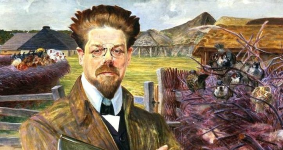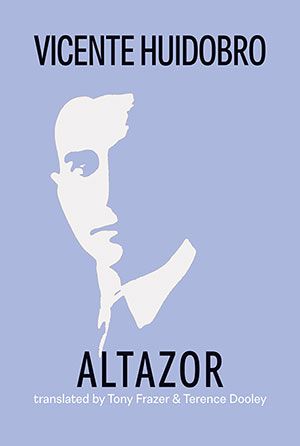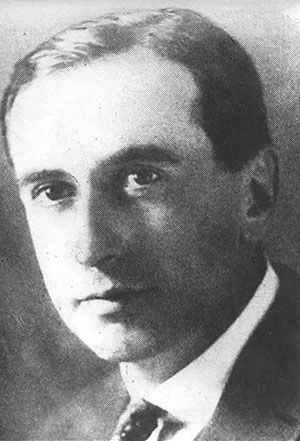Ben Jackson
Well-known member
The Nobel Prizes for 1924, 25, 26 was awarded to Wadlyslaw Reymont, Bernard Shaw and Grazia Deledda. The shortlist for 1924 was Thomas Mann, Thomas Hardy, Reymont and his countryman Stefan Zeromski. The 1925 Nobel wasn't awarded that year, so it was awarded in 1926. The combined shortlist for both years were Bernard Shaw, Johannes V Jensen, Deledda, Kostas Palamas, Arnold Bennet, James Frazer and Paul Claudel.
Thomas Hardy, in 1924, was dismissed for his "advanced age, " and the Nobel committee shifted their attention away from English language candidates, as their awarded Yeats the previous year. Thomas Mann was praised for his work Buddenbrooks, but waited for more production. Stefan Zeromski, who was Polish lobbyists main candidates, was dismissed because his recent work "Wind from the Sea," displayed anti-German sentiments. Raymont was awarded the Prize based on his masterpiece The Peasants which was seen as a powerful portrayal of European society.
Arnold Bennet was, in 1926, dismissed for uneven oeuvre, despite the committee's admiration for An Old Wives' Tale, Bennet's masterpiece. James Frazer was dismissed for "old age," while Paul Claudel was dismissed for "esoteric poetry." The commitee's lack of translated works of Kostas Palamas posed a problem to the committee as they "wasn't enough Greek experts in the Academy, " while Johannes V Jensen was "lack of humanity," in his works. Bernard Shaw's recent publication of one of his masterpieces St Joan, was decisive in Shaw's triumph, while Deledda was praised for her brilliant portrayal of the people of Sardinia, especially her portrayal of women's psychology and emotions, as advocated by committee member Henrik Schuk, the committee's Italian literature expert who was said to have discovered Deledda around 1912.
Thomas Hardy, in 1924, was dismissed for his "advanced age, " and the Nobel committee shifted their attention away from English language candidates, as their awarded Yeats the previous year. Thomas Mann was praised for his work Buddenbrooks, but waited for more production. Stefan Zeromski, who was Polish lobbyists main candidates, was dismissed because his recent work "Wind from the Sea," displayed anti-German sentiments. Raymont was awarded the Prize based on his masterpiece The Peasants which was seen as a powerful portrayal of European society.
Arnold Bennet was, in 1926, dismissed for uneven oeuvre, despite the committee's admiration for An Old Wives' Tale, Bennet's masterpiece. James Frazer was dismissed for "old age," while Paul Claudel was dismissed for "esoteric poetry." The commitee's lack of translated works of Kostas Palamas posed a problem to the committee as they "wasn't enough Greek experts in the Academy, " while Johannes V Jensen was "lack of humanity," in his works. Bernard Shaw's recent publication of one of his masterpieces St Joan, was decisive in Shaw's triumph, while Deledda was praised for her brilliant portrayal of the people of Sardinia, especially her portrayal of women's psychology and emotions, as advocated by committee member Henrik Schuk, the committee's Italian literature expert who was said to have discovered Deledda around 1912.



